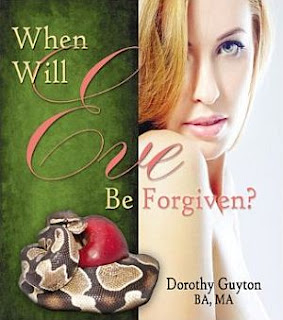



1. When and why did you decide to wear dreadlocks?
When I was 15 years old, I loved braiding synthetic dreadlocks in to my hair. My favorite ones were these black and blue ones that went about waist length. When I took them out, it seemed like the dreadlocks had become such a part of me I had to do something about it. So, my friend who had real dreadlocks at the time helped me dread up my hair shortly after I turned 16. They became a symbol of my disconnect to vanity, and an expression of my ever so creative personality.
2. What was the initial response to your hair style from friends, family, and peers?
At first, people were a little bit shocked because of the stereotype that dreadlocks are exclusive to Africans. Some were accepting, others believed I would have to shave my head or stop washing my hair completely. I had done tons of research on dreadlocks beforehand and managed to change some perspectives on the dreadlocking process. In time everyone accepted it and learned to like it.
3. What do you like or dislike about your hair?
The thing I love about my hair, is that I don't have to spend time in front of the mirror trying to make myself look good. My dreads always change and form in such different ways that I believe it reflects my ever changing spirituality on the inside. One thing I do dislike is the fact that it draws a lot of negative attention from ignorant people that don't know anything about the hairstyle.
4. Have you noticed a boost in confidence or any other personality changes?
I definitely had experienced a boost in confidence for a time, until I had moved to a small city almost bordering the province of Saskatchewan. It's a farming community that lacks cultural diversity, and most of them have only seen dreadlocks on T.V and most commonly on africans. I started to feel like a target of discrimination for a time.
5. What is the response to your hair now?
Because of the place that I live now, I get a lot of negative responses from the younger generations. It's always wonderful when older people walk up to me and say, "Your hair is just the neatest thing I have ever seen!" But I have also had people tell me that I look like I haven't showered in weeks and that I'm dirty. Even when I say I shower four times a week one particular reaction was, "There are seven days in a week you dirty woman, go take a shower!" But these are children younger than myself who need to hurt others mentally in order to feel better about their own confidence issues.
6. What state are you from?
I am from Alberta, Canada.
7. People tend to stereotype others in an attempt to understand them. Usually when a white person wears dreads they are considered artsy. How do you feel about this stereotype?
Well, in some cases I believe that Dreadlocks are more of an expression of spirituality rather than creativity, but since I am an artist and a musician I don't feel too bad about the stereotype. It's definitely one of the more positive ones, since there is so much discrimination and stereotypes that revolve around dreadlocks. Every person I've ever met with dreadlocks have been extremely gifted people, whether it be in the form of art, music, dance, healing and other spiritual means. They are beautiful people, inside and out and I love when I meet someone with dreadlocks because their dreads can really almost give you a visual of what kind of person they are on the inside.
8. If there was one thing you would want people know about dreads, what would that be?
I would love if people could open their minds more to the entire hairstyle. I would want people to know that dreadlocks are clean, do not attract lice, can be creatively and spiritually expressive, and are not exclusive to a person of one race or culture. It should be embraced and not despised. I've tried to raise awareness in my own community and have continually been shut down. This is why I have such deep lining respect for any person who tries to raise awareness.
9. Since most of my experience has been with black hair, can you let me know exactly how difficult was it to get your hair to dread?
I remember when we tried to dread my hair for the first time. It took longer than I thought it would, and I had to maintain it more than the average person. I have fine, straight native american hair that was stubborn and did not want to dread. When it finally did, it only wanted to lock up near the roots and there was an ever continuing battle with my ends and stray hairs everywhere. Even with my mature locks, I find myself making smaller dreads at the top because my hair finds ways to grow out and be free. Even now though my dreads are mature and I still find myself fighting off the loose hairs. But I wouldn't trade my hairstyle for anything in the world. No one else has the exact same hair as me and it expresses me in every aspect.




No comments:
Post a Comment